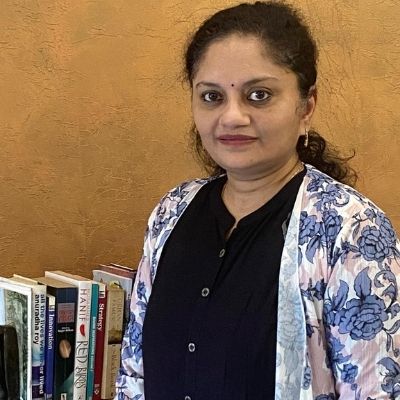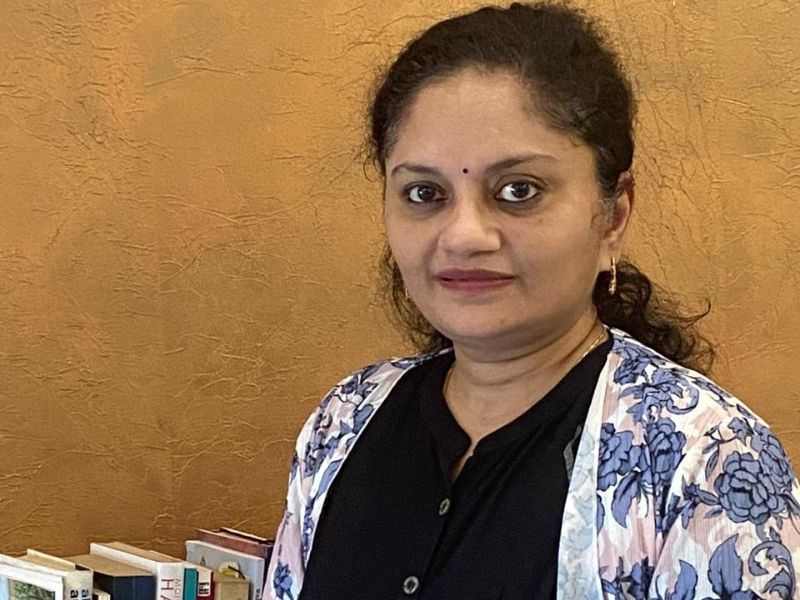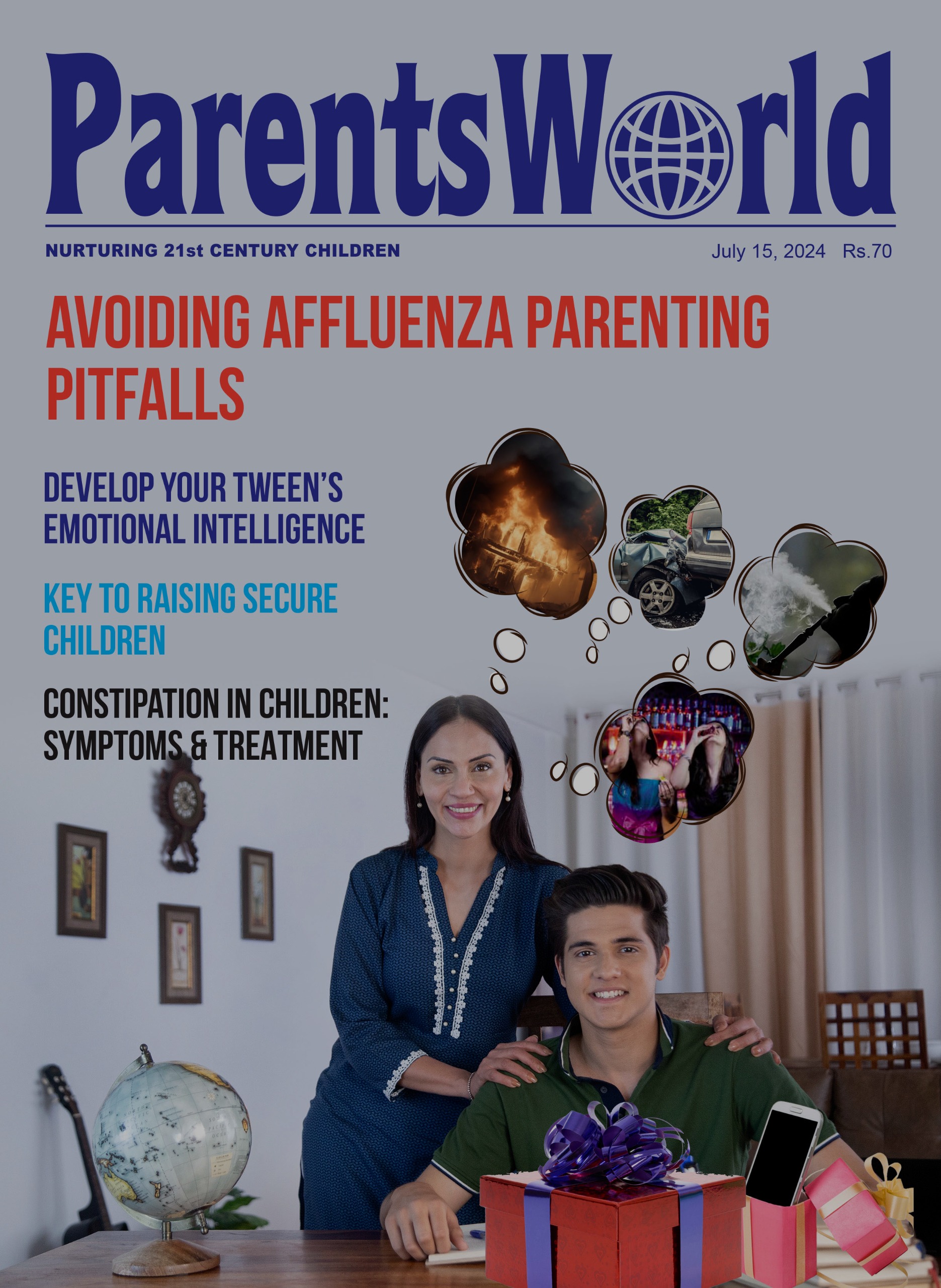 Anuradha Sridhar, Head – Curriculum Development and Training, Aditya Birla Education Academy
Anuradha Sridhar, Head – Curriculum Development and Training, Aditya Birla Education Academy
In this article, we will address the role of Social learning in Massive open online courses (MOOC’s). Before we delve further, we will need to understand the two key terms involved here- MOOC’s and Social Learning. The increasing popularity of MOOCs in recent years is perhaps due to the several advantages that MOOCs offer over the traditional teaching-learning setting of physical classroom spaces, the fixed time for attending, and most importantly the affordability of these courses which are either free or priced affordably. When we are referring to Social learning it is more about the adaptive behavior arising due to observing peers and the consequences of actions defined by other people’s experiences. Learning has never been an act, or a process seen in isolation or restricted to the enhancement of knowledge but is also the development of several skills that we hope to see in students like communication skills, collaboration, creativity which are essential survival skills in today’s world.
Teaching at MOOC is different from teaching at a university and other forms of distant learning. The massiveness of the platform prevents instructors from addressing the social needs of some learners. Even the quantum of information available on these sources can overwhelm an average learner. So, the questions that needs to be addressed here are:
- How the MOOC have’s adapted themselves to address student social learning and peer interaction?
- How has student learning experiences been on MOOC?
Physical classroom spaces have undergone a paradigm shift in terms of the pedagogy, digital interface, cognitive psychology of learning over recent years. The MOOC’s have also evolved as far as the above factors are considered. Peer interactions on the MOOC platforms were encouraged through forums, peer assessments, group tasks, face-face meeting, synchronous communications, and also social media. Instructors on these platforms have made a 360-degree shift in the pedagogical methods to include all of the above to include student interactions.
To address the second question on Student learning experiences – research suggests that motivated students who need to enhance career prospects or other strong reasons are likely to enroll for the MOOC’s. Students have felt the synchronous lessons as a source of social connection through discussion forums, perhaps because of the course content. Most MOOC’s also provide for Learning management systems or forums which do help in interaction, however, restricted to the course content.
In order to effectively address the role of social learning in MOOC’s, it is imperative that students are made aware that one is looking at enhancing social learning while they continue to learn through digital platforms. As the first step, if this awareness is generated there can be a shift in the culture of the courses that are offered through MOOC’s. Even instructors will plan instructions and design the course to embed social learning.
As the world battles COVID -19 and teaching-learning has moved to the digital space, it would only be safe to say that each and every teaching-learning space has successfully adapted to digital platforms and have taken into account the social-emotional learning and well-being of the students. This can also be said about most of the MOOC’s and this aspect is evolving and bringing in newer ways of interaction.
Also read:
Diverse aims and objectives of MOOC learners
Posted in Parents Resources
























